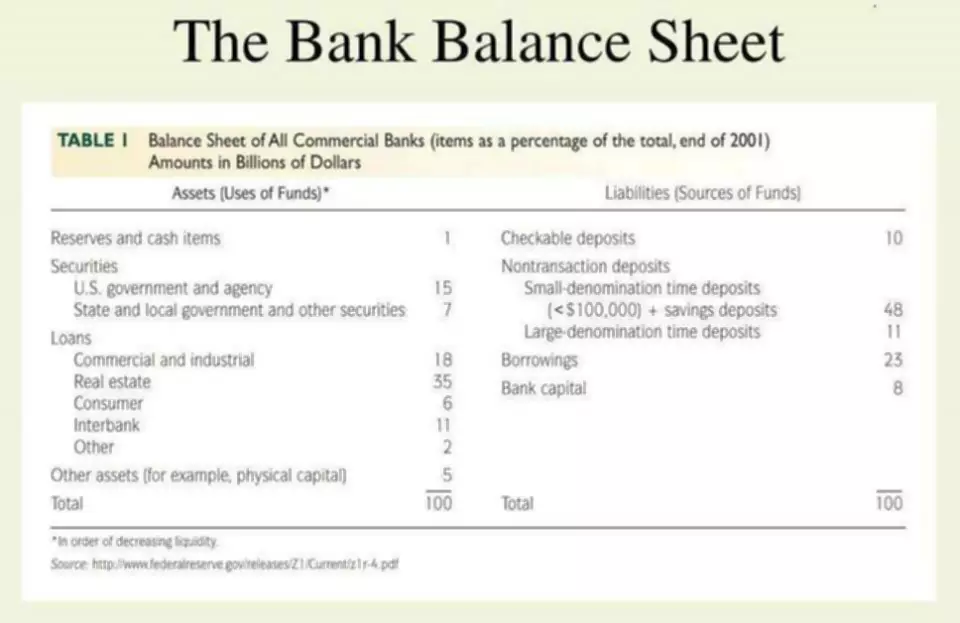Content

The aim of the paper is to compare the accounting of cryptocurrencies in Slovakia with the requirements and/or recommendations by other standards setters and authorities and look at the existing IFRS and apply a principles-based approach. It is an intangible asset, as there is no physical version of a crypto token.

The FASB did add a research project to their agenda entitled Accounting for Exchange-Traded Digital Assets and Commodities. The project will explore accounting for, and disclosure of, a subset of exchange-traded digital assets and exchange-traded commodities. This addition came in response to feedback received regarding agenda priorities. Because the rules have changed, you’ll need to make journal entries in accordance with IFRS and GAAP when reporting income from cryptocurrency transactions under the old standards. However, your accounting standards for financial statements and your tax reporting will not always be in sync. Many investors are calling for the FASB to create new standards tailor-made to cryptocurrency and other digital assets because of these difficulties.
Tax Liability of Non-Fungible Tokens (NFTs) Now Has Formalized Guidance in WA and PA
If you exchanged it for another digital asset, debit the new crypto account. When you dispose of your crypto investment, remove the asset from your books by crediting the asset account at its book value, and debiting the account that represents the consideration received in exchange for trading your digital asset away. While cryptocurrency transactions present many unique complications, they’re still an asset, and fundamental accounting principles apply. Not only is that an unfavorable accounting treatment for businesses that invest in virtual currency, it also has the potential to create misleading information for the readers of financial statements.
Bitcoin and other cryptocurrencies are becoming more and more mainstream. It has not only made its way into the financial or investing world but is impacting many other areas such as sports, art, music, and gaming to name a few. Recognize certain costs incurred to acquire crypto assets, such as commissions, as an expense . Measure crypto assets at fair value, using the guidance in Topic 820, Fair Value Measurement. Information on virtual currencies can be deceptive if it is not properly accounted for in financial reports.
PROJECT UPDATE
“I can’t just invent a coin and convince you to buy one and mark the other million I have on my balance sheet to that price,” Jones said. Alan graduated with a masters of accounting at the university of Alabama, began his career at Ernst & Young (Big 4 – E&Y) and Riot Games and has cryptocurrency accounting moved into helping online entrepreneurs like yourself save millions in taxes. As your company grows larger, the issues you face with your crypto investments become increasingly complicated. Then, to balance the transaction, add the difference to a capital gain or loss account.
- Financial leaders have been critical of the current accounting practice, which makes companies reflect drops in their reports if a digital asset loses value but not gains if the same asset rises.
- Whatever FASB drafts, it will have to be robust enough to prevent people from inflating their balance sheets because they sold one obscure coin once, FASB Chair Richard Jones said at a June meeting of the board’s Private Company Council.
- Credit the asset to take it off your balance sheet at its book value, and debit cash in the amount of any proceeds or other consideration received.
- Virtual currencies aren’t considered legal currency by most governments, and there has been little agreement or clarification on how digital assets should be regulated.
- The term cryptocurrency is a bit of a misnomer for accounting purposes.
Based on the feedback received, the IASB decided not to add a project on cryptocurrencies and related transactions to its workplan. Contents of this publication may not be reproduced without the express written consent of CBIZ. This publication is distributed with the understanding that CBIZ is not rendering legal, accounting or other professional advice. The reader is advised to contact a tax professional prior to taking any action based upon this information. CBIZ assumes no liability whatsoever in connection with the use of this information and assumes no obligation to inform the reader of any changes in tax laws or other factors that could affect the information contained herein. Use the guidance in Topic 820, Fair Value Measurement, to measure crypto assets at fair value. Cryptocurrency is a digital or virtual currency that uses cryptography for security.
What are some of the tax-free events that cryptocurrencies enable?
Accountants have had to reckon with an entirely different asset class that doesn’t act anything like a currency or commodity. The industry has had to adapt its processes and compliance protocols to accommodate this new asset and all its variations. The Ripple platform can transfer fiat currencies and intangible assets, such as air miles, as well as digital XRP currency. In this case, the value lies in the ability of the Ripple network to quickly transfer assets around the world. In particular, cryptocurrency holdings lack U.S. government backing and protections against mismanagement and theft.
- In May, the FASB unanimously voted to review accounting rules for crypto following pressure from the likes of former MicroStrategy CEO Michael Saylor, who said that current rules discourage companies from holding bitcoin on their balance sheets.
- The high energy use of Bitcoin mining is an environmental concern, and some cryptocurrencies have been developed that use less electricity.
- The lack of uniform standards has led to companies with crypto holdings to speculate on an appropriate accounting method on their own.
- In that scenario, you’d record a much more significant capital gain of $200,000 to account for the difference between the asset’s $200,000 book value and its $400,000 cost and fair value at the time of sale.
- They’re mostly unregulated, but that’s changing as governments establish rules for them.
- The board’s decision is “tentative” at this stage, and could be changed at future board meetings when they continue to weigh their options.
These are people who are ready and willing to invest in the world of cryptocurrency. To keep their business, you’ll want to be a trusted partner who can guide them to make good investment decisions. Because crypto trading has become common, even among average investors, every accountant needs to know how these transactions affect individual and corporate taxes. Most respondents rated a potential project on cryptocurrencies and related transactions as high priority, some rated it as medium priority and a few rated it as low priority.
It is decentralized, meaning it is not subject to government or financial institution control. In recent years, cryptocurrency has become an increasingly popular form of payment for goods and services. Bitcoin, the most well-known type of cryptocurrency, was first introduced in 2009 and has since seen a surge in both value and mainstream acceptance. The decision, it is believed, likely won’t require a great deal of accounting work. Smith pointed out that most firms have already been tracking the fair market value of crypto holdings anyway. Botosan, for example, felt that having the fair value of 0 when it’s not actively traded made intuitive sense. When markets are inactive, she said, she would be hard pressed to conclude the fair value of the asset would be anything but zero.

